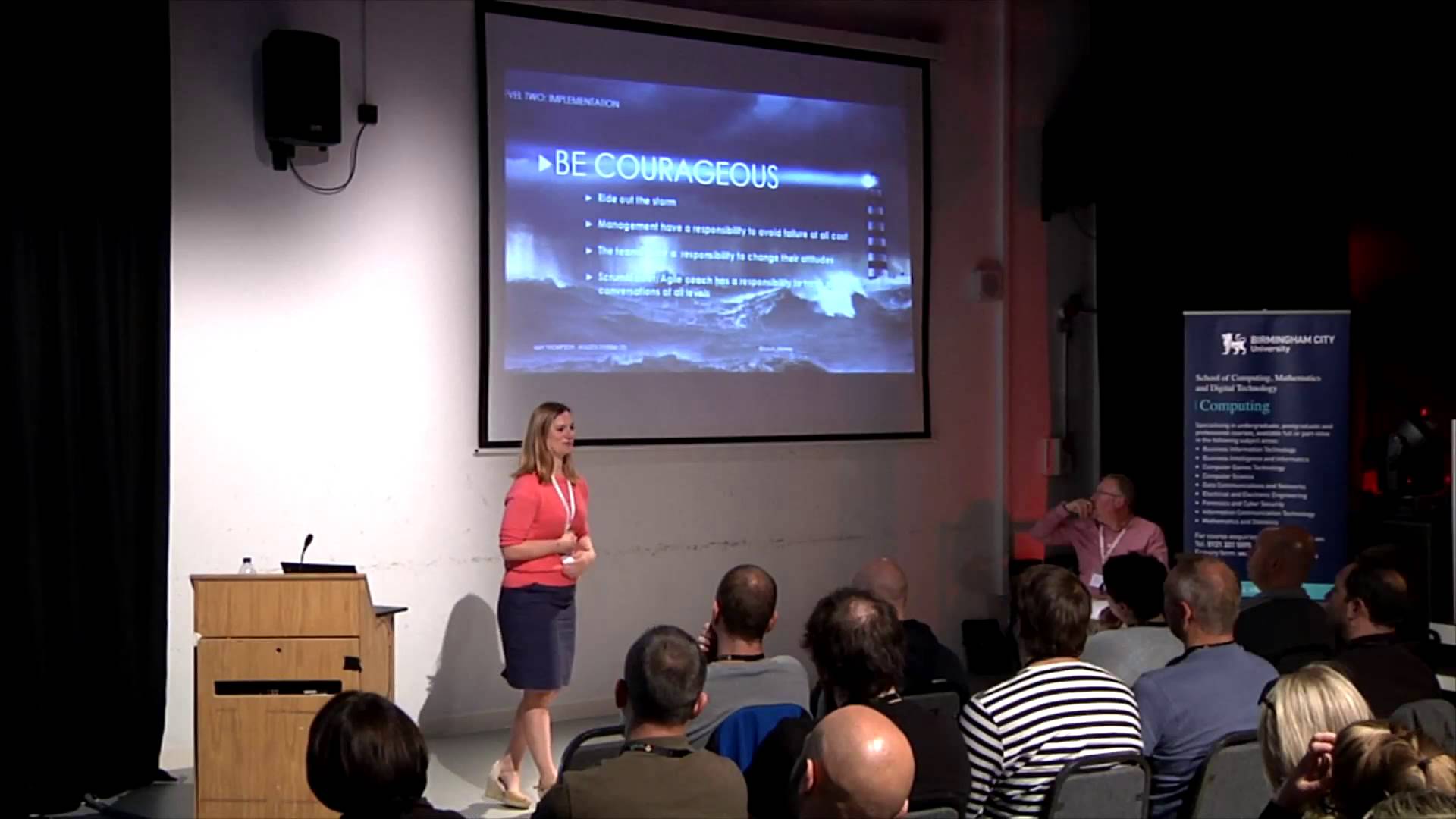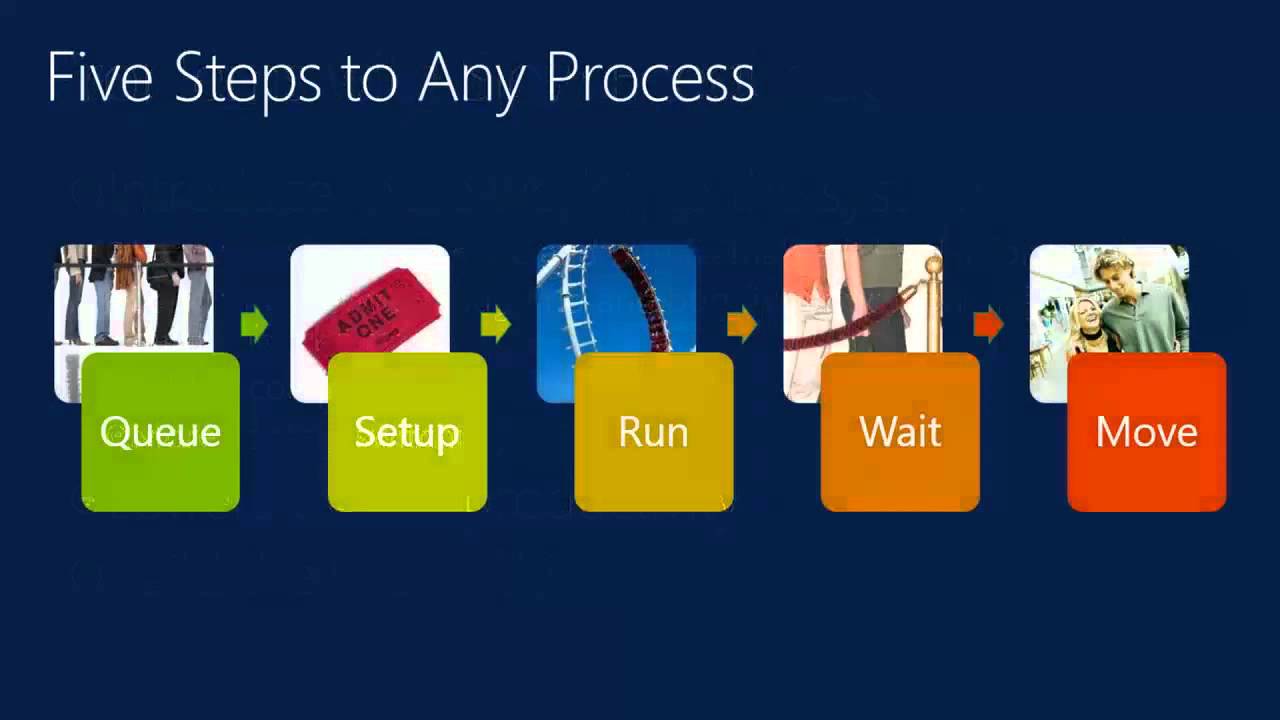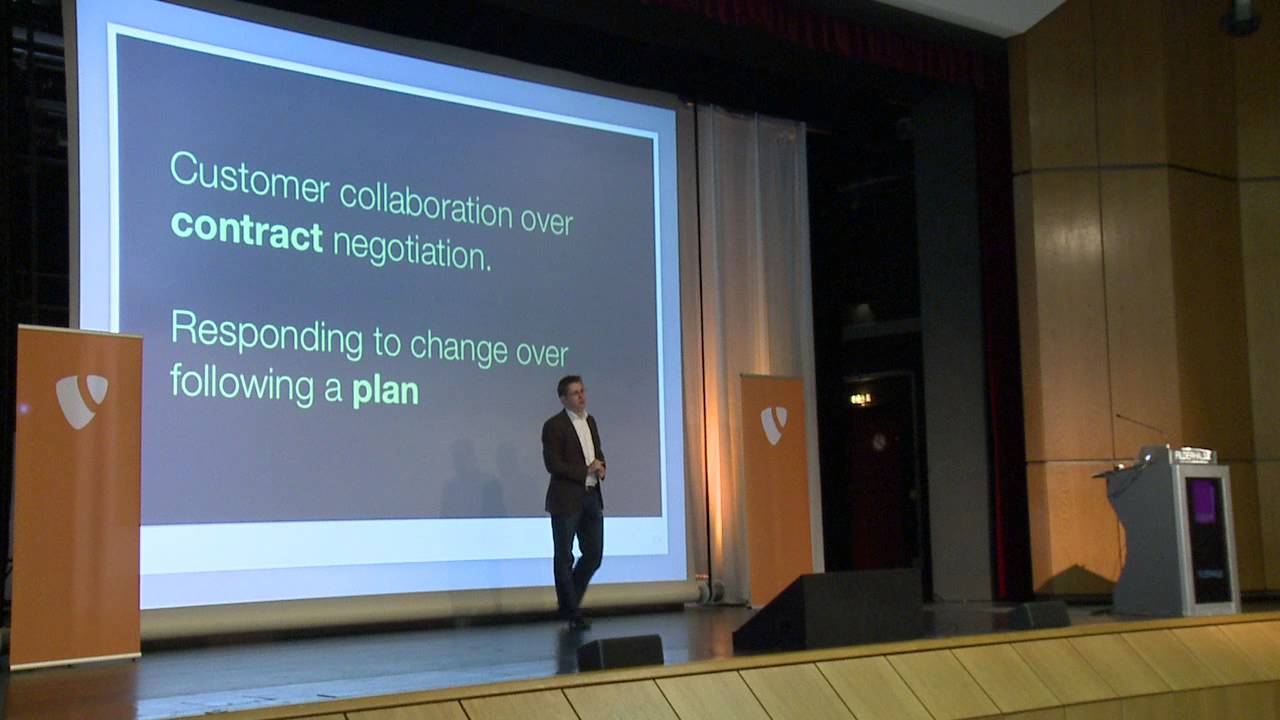Videos on Scrum and Agile Project Management
In this Agile Practitioners meeting, Emily Webber will talk about scaling up using agile and lean techniques, using UK Government Digital Service (GDS) as an example. This presentation looks at how GDS took learnings from managing projects and programmes using agile and lean techniques and translated them to the portfolio framework across an organisation of 300 people: what forums and decisions points they adopted, how they managed and measured workflow as well as how the team did it and what they learnt along the way.
Scrum has long been the most popular of the Agile approaches for software development. But what is Scrum really about? What does a great Scrum team look like? Is Scrum really the flexible, free-spirited collection of ‘frameworks’ that are so often believed to be able to be tailored to suit what works for us? In our attempts to be ‘Agile’, have we forgotten the benefits of structure and discipline? Do we bend Scrum too much to suit us, and what is the impact of this?
This session is born of the hard lessons learned from years of working with diverse companies using metrics to improve their software development processes. Come learn from our successes and be warned by our failures. This session covers what makes an effective Agile metric, the pitfalls in designing metrics, and the basic principles for using metrics appropriately.
We know that self-organization is a critical aspect of every successful Agile project and we know that it takes trust, respect, openness and responsibility. So why many teams have a hard time to achieve it?
There are many books and trainings that describe what good Product Owner should be in Scrum team. I have been a Product Owner for more than 5 years now. During this time I learned that there is only one skill that is essential to good Product Owner. I am ready to share it with you together with few “stories from the trenches” that will illustrate it.
What we do in software development is hard. Lots of companies, teams, and people pick up Agile approaches to make it easier, and then realize it’s still really hard. They learn that Agile didn’t fix things. And, then they get to work trying to fix Agile.
Estimates are part of our daily live. Every single day we ask and answer questions like: “when will it be done?”, “how much does it cost?” and use that “data” to plan the future of our projects. Some of us using rigorously formalised processes with heaps of Excel sheets, some applying more agile methods like planning poker. While doing that, we do not realise how estimates could be harmful!








